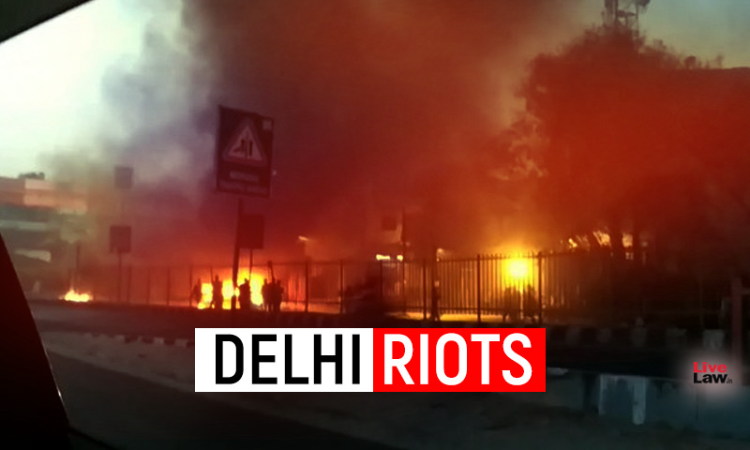Delhi Riots: Court Acquits Three Men For Lack Of Proof, Says Possibility Can’t Become Evidence
Nupur Thapliyal
11 May 2023 10:55 AM IST

Next Story
11 May 2023 10:55 AM IST
A Delhi Court has acquitted three men in a case concerning the 2020 North-East Delhi riots for lack of proof, while observing that possibility cannot become evidence.Additional Sessions Judge Pulastya Pramachala of Karkardooma Courts acquitted Dinesh Yadav alias Michael, Sandeep alias Mogli and Tinku of the charges of rioting and being members of a riotous mob which vandalized two properties...
